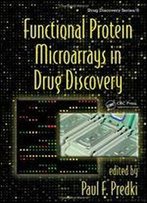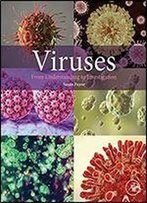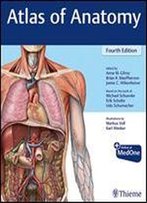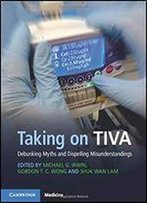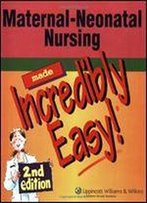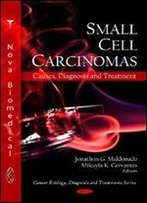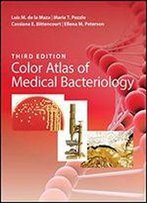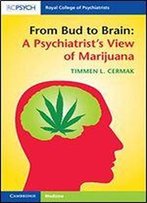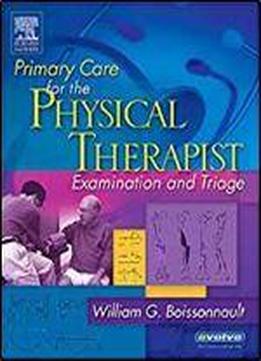
Primary Care For The Physical Therapist: Examination And Triage, 1e
by William G. Boissonnault /
2004 / English / PDF
6.4 MB Download
Specifically designed for physical therapists in the primary care environment, this new resource helps the reader develop the vital communication and differential diagnosis skills necessary to provide high quality patient care and assume a valuable role on the health care team. Comprehensive coverage includes each skill that the physical therapist outpatient practitioner needs to meet the challenges of a changing profession: communication skills, technical expertise, and clinical decision-making ability. This reference helps the practitioner quickly develop an accurate physical therapy diagnosis adapt an examination and intervention approach to meet the individual's cultural, communication, anatomic, and physiologic needs and abilities triage patients from a physical therapy perspective and decide who requires the expertise of a physical therapist certified specialist recognize patient symptoms and signs that necessitate communication with other health care providers and participate in the decision-making process regarding the selection of appropriate diagnostic imaging modalities.
Instructor resources are available please contact your Elsevier sales representative for details.
Promotes safe, effective, and efficient care applicable to physical therapy - the first resource specifically designed for PTs in primary care.
Covers both soft skills (communication and problem-solving) and technical skills (physical examination, differential diagnosis, and ancillary modalities).
Emphasizes the communication skills vital for establishing rapport with patients and gathering data.
Presents everything that a physical therapist needs to know about the patient interview.
Lays the foundation for differential diagnosis and recognition of conditions that may require referral to other health professionals.
Includes coverage of special populations, pharmacology, urgent situations, diagnostic procedures, and more.


